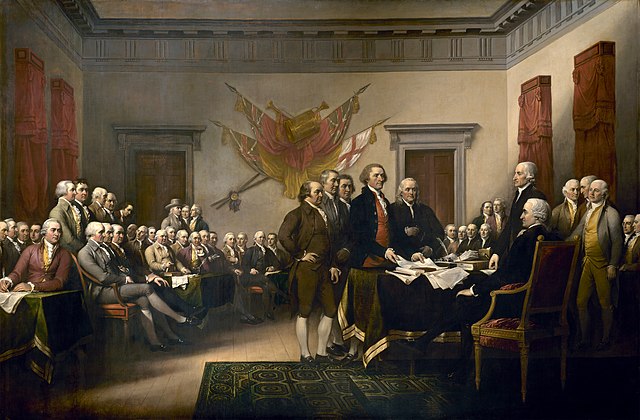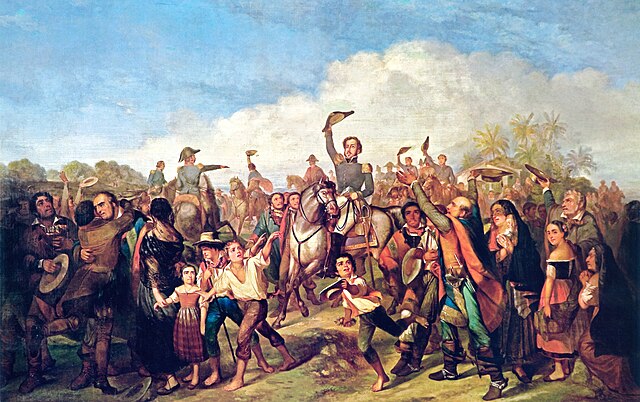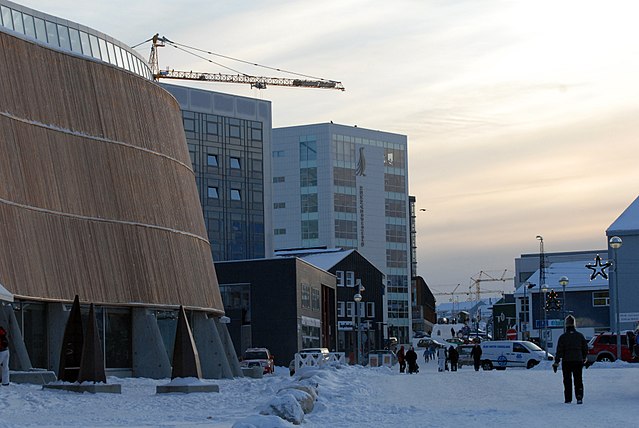Independence is a condition of a nation, country, or state, in which residents and population, or some portion thereof, exercise self-government, and usually sovereignty, over its territory. The opposite of independence is the status of a dependent territory or colony. The commemoration of the independence day of a country or nation celebrates when a country is free from all forms of colonialism; free to build a country or nation without any interference from other nations.
The Thirteen British Colonies on the east coast of North America issued a Declaration of Independence in 1776
Chile, one of several Spanish territories in South America, issued a Declaration of independence in 1818
Prince Pedro surrounded by a crowd in São Paulo after breaking the news of Brazil's independence on 7 September 1822.
The Finnish Senate of 1917, Prime Minister P. E. Svinhufvud in the head of table. The Senate declared Finland independent on 4 December 1917, and it was confirmed by parliament 6 December 1917 which became the Independence Day of Finland.
Self-governance, self-government, or self-rule is the ability of a person or group to exercise all necessary functions of regulation without intervention from an external authority. It may refer to personal conduct or to any form of institution, such as family units, social groups, affinity groups, legal bodies, industry bodies, religions, and political entities of various degree. Self-governance is closely related to various philosophical and socio-political concepts such as autonomy, independence, self-control, self-discipline, and sovereignty.
Greenland, an autonomous territory of the Kingdom of Denmark, has been self-governed since 2009. Pictured: Nuuk, Greenland.





